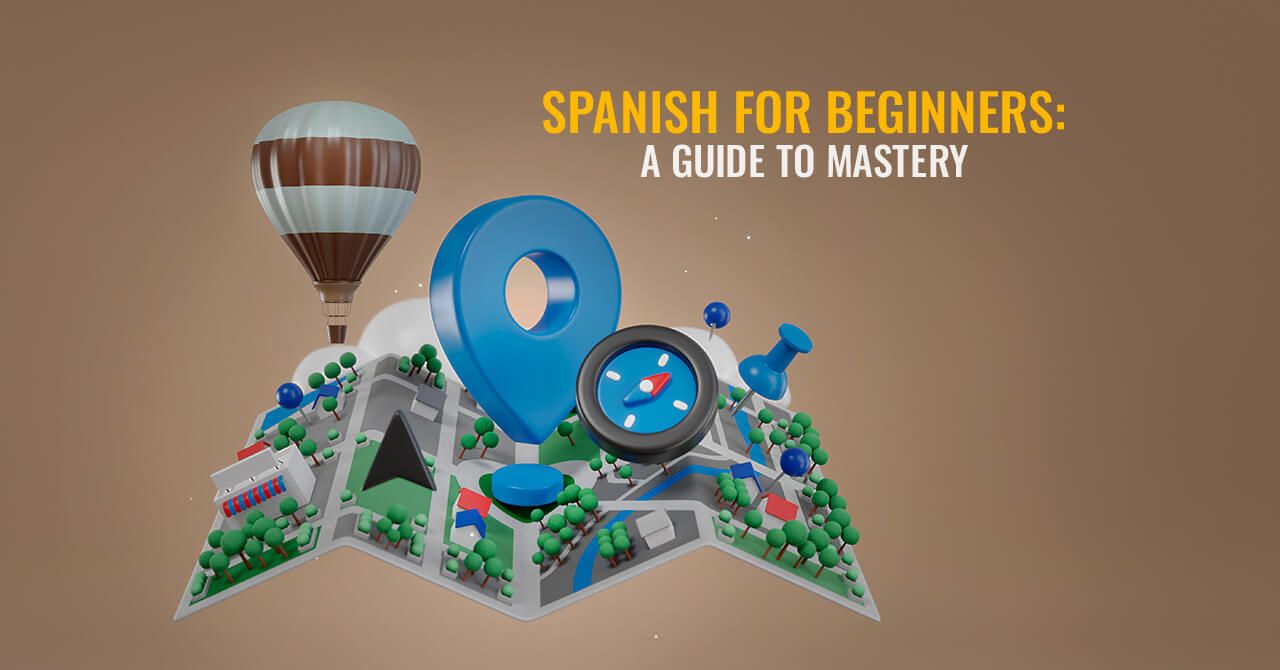
Mastering Spanish Verbs—The Biggest Hurdle for English Speakers
If you’re considering studying Spanish, remember that its verbs will be a particular challenge
One of the biggest challenges in learning Spanish is mastering its verbs. Since there can be no sentence without an action (or state of being) word, and since verbs indicate who did what and at what time, we need to learn how to differentiate between the present, past, future, or ongoing. Spanish learners must master a variety of verb tenses, including irregular forms, as well as the confusing subjunctive.
The challenge of conjugation
We do this in English by means of what is known as “conjugating” our verbs. For example, we say, “I speak,” “He spoke,” “They will speak,” “She has spoken.” We take the same verb in each case, add a person, and state the timeframe. Spanish does the same thing, but the learner must learn a variety of forms, and often spelling, for the same verb.
Before looking at an example of the challenges of learning Spanish verbs, it is important to point out that this process is further complicated by the fact that there are three categories we deal with. It has to do with the spelling of the infinitive form of the Spanish verb. An example of an infinitive verb would be the verb “hablar,” which means to speak. “Hablar” is an “-ar” verb. The other two forms are “-er” (e.g., “comer”—to eat) and “-ir” (e.g., “vivir”—to live). So, we deal with three infinitive endings, each having its own pattern of conjugation.
As in English, Spanish uses conjugations to differentiate between person (I, you, he, etc.) and timeframe (present, past, future, etc.). However, as in Latin, Spanish does this by removing the “-ar,” “-ir,” or “-er” from the infinitive spelling and adding separate endings. Let’s take the present tense of “hablar.” We remove the “-ar” and make the following spelling changes: hablo—I speak; hablas—you (informal) speak; habla—(you, formal) he, she, it speaks; hablamos—we speak; hablan—(you, plural) they speak.
Spanish verbs don’t always need pronouns
Unlike English, the speaker (I, you, etc.) is implied in the verb form. We can say “Hablo Inglés,” and it is understood to mean “I speak English.” However, we could also add the implied pronoun “Yo” (meaning “I”) for stress or clarification. Also, Spanish has a special rule for the informal you, and the “polite” you. Using the “hablar” example, I would address a family member by saying “Hablas bien” (You speak well). However, to a stranger or a superior, I would say “Usted habla bien,” adding the polite “you” (Usted) and using the “habla” (third person, singular) form.
Yikes! You need to know multiple conjugations.
In addition to learning the 14 separate conjugations of each verb, we are also faced with the sometimes confusing task of deciding when to use the particular conjugation.
For example—brace yourself—Spanish has two simple past tenses, the preterit and the imperfect, that are translated the same but used in separate contexts.
Irregular verbs
An irregular verb is a verb that deviates from the normal way of conjugating it, typically by changing its form and spelling. This occurs frequently with Spanish verbs, just like in English. For example, the most common irregular verb in English is the verb “to be”: is, are, was, were, be, been, etc. Many Spanish verbs are likewise irregular. In the example conjugation of “hablar” above, for the Spanish verb “ser,” (meaning “to be”), we conjugate it irregularly in the present tense as follows: soy—I am; eres—you (informal) are; es—you (polite), he, she, it is; somos—we are; son—you (plural), they are.
Finally, the Spanish verb “estar,” also means “to be,” but is used to indicate location or temporary situations, as in “Estoy en la clase” (I am in class) or “Estoy muy alregre” (I am very happy).
So, if you’re considering studying Spanish, remember that its verbs will be a particular challenge. Also, another form of Spanish verbs, the subjunctive mood, is not even taught until later in the curriculum. On the other hand, when you learn a verb and master its forms and conjugations, you have enriched both your vocabulary and speaking skills.
I'm a Spanish tutor with over 20 years' teaching experience.

